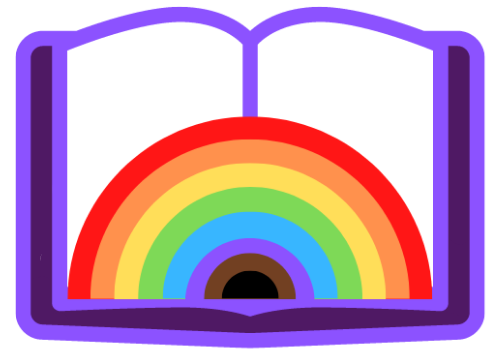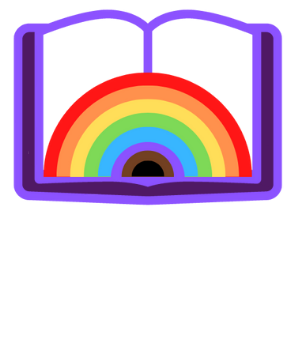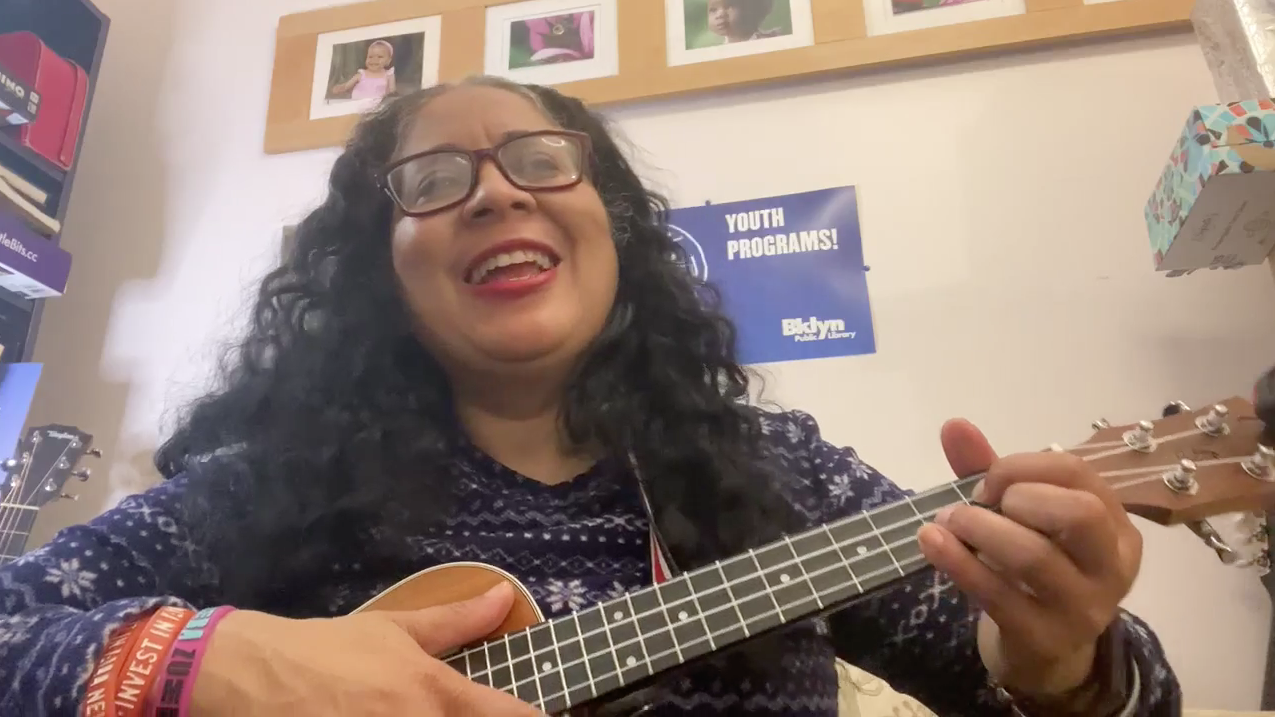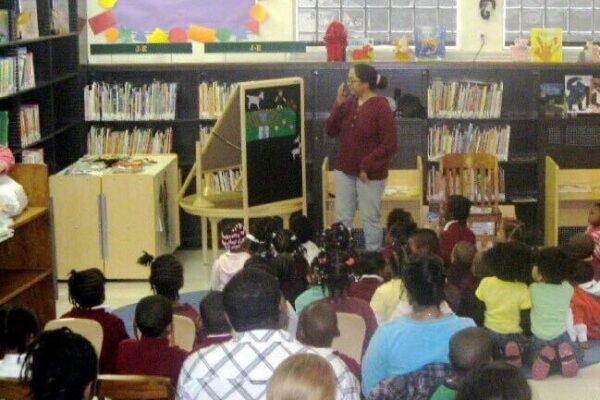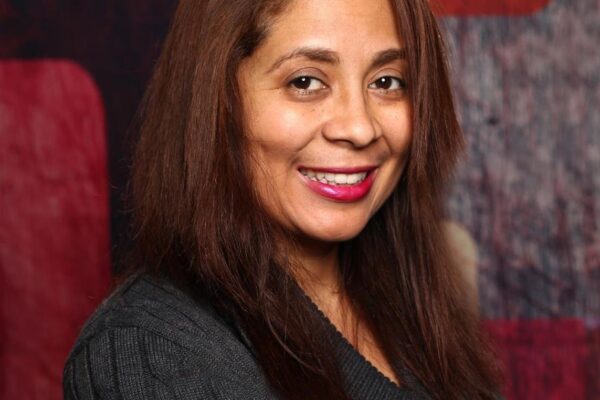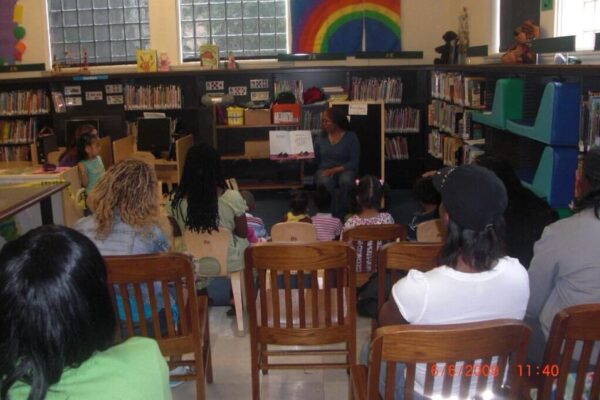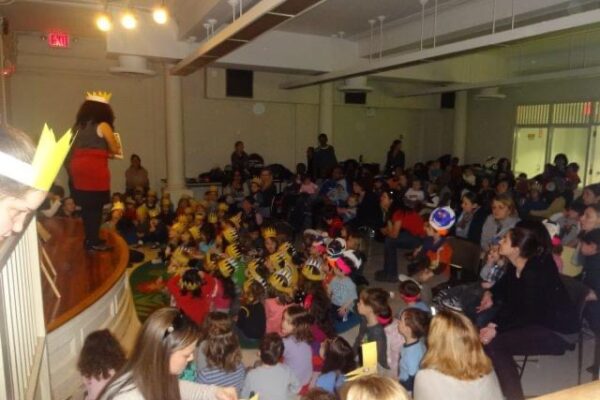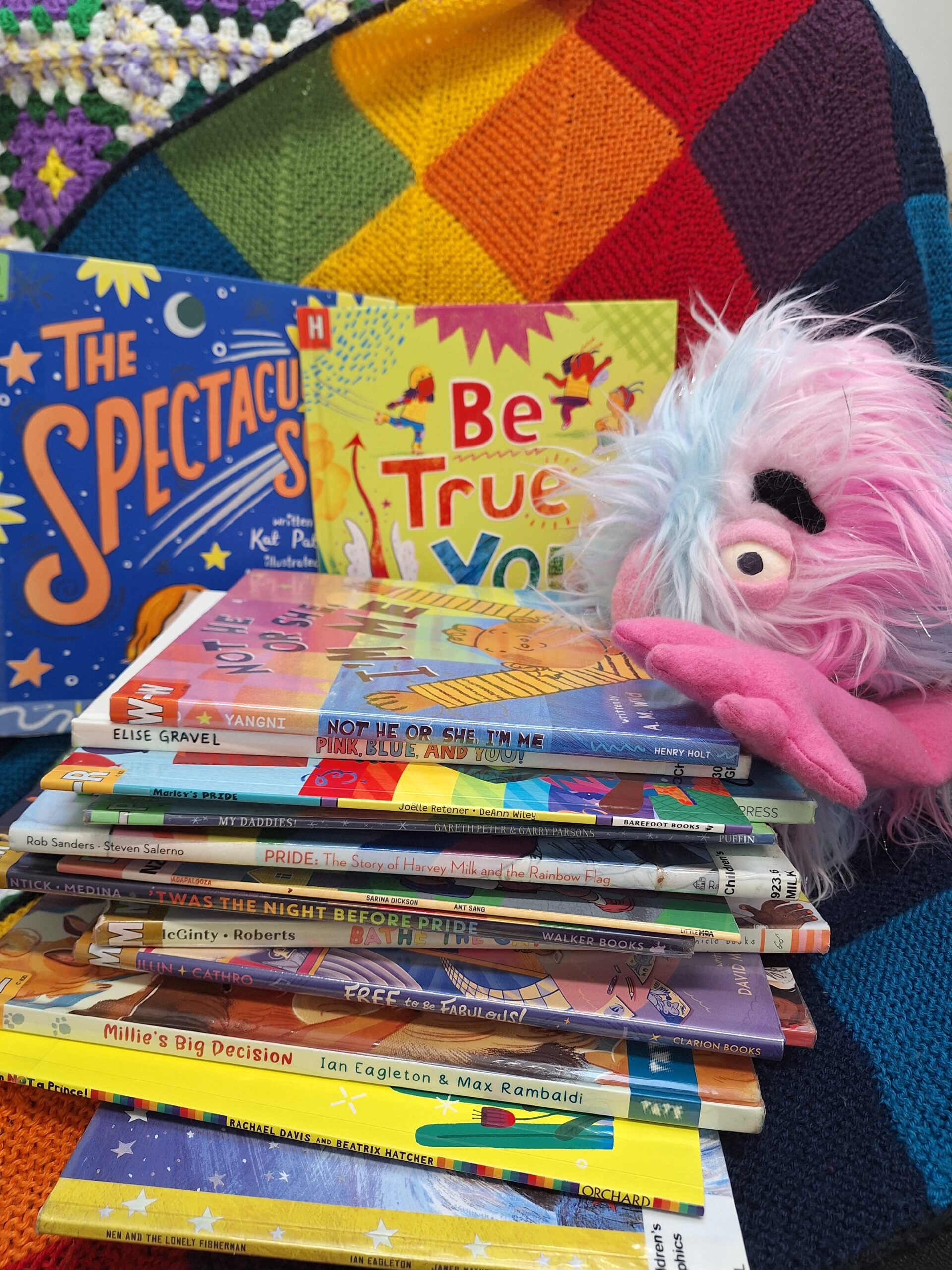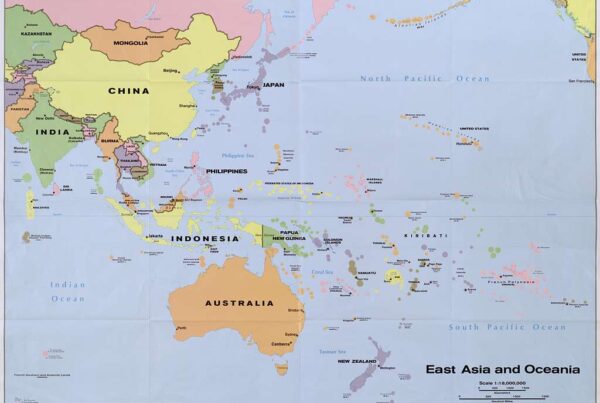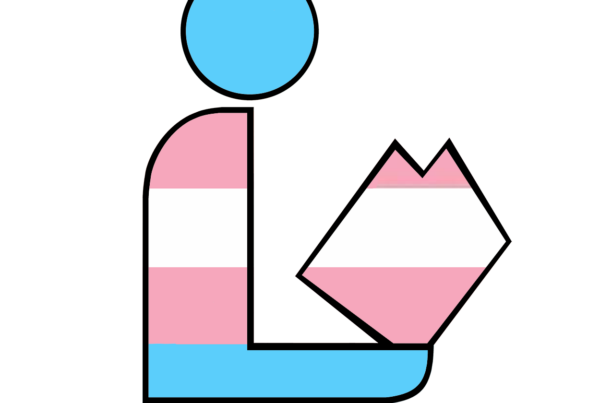by Ms Juana, Storytime Solidarity Diversity, Equity, Inclusivity Consultant
My Encounter
One day in the Summer of 2008, I took my 9-month-old daughter for a stroll in Prospect Park, Brooklyn. I was depressed. I was a 37-year-old stay-at-home mom who was experiencing postpartum depression. I was sad that I didn’t have much of a support system and that everyone close to me had moved out of New York City. Then, I met a grandmother with her two grandchildren. She encouraged me to bring my daughter to the library. It’s funny. I was a volunteer at my high school library, and I did visit as a tween, and even in my early adult life. But the thought of bringing my baby never occurred to me. That whole summer I took my daughter to the Cortelyou Branch of the Brooklyn Public Library. I was beginning to connect to other parents, and my depression started to gradually lift.
When the fall came, a prominent children’s librarian retired, and the other children’s librarian decided to uproot back to Maryland. Ms Christine Dille, the Cluster supervisor at the Cortelyou Branch, was conducting the program. I started helping her incorporate current children’s music into her program. When Ms Dille, the cluster leader, went on vacation, I feared the branch would suspend the program while she was away. At that time, however, I was also bringing my daughter to the Flatbush Branch. The first time I visited the Flatbush Branch, I noticed that the children’s librarian, Antonia Bramble, was doing such an excellent job with storytime that she was swamped by large numbers of patrons, so I offered to volunteer. It was then that I realized that both branches of my neighborhood libraries could use help. And that’s where the magic, and my love for the library, both began to grow.
Seeing that both of these libraries can use help, I told Ms Dille at the Cortelyou Branch, that I have a background in theatre-dance, and have worked with individuals with developmental disabilities. I said I was interested in volunteering with the library. She appreciated my help and gave me some papers to fill out. I submitted my paperwork and started telling stories for both branches as a volunteer.
I began volunteering at the Cortelyou Branch and the Flatbush Branch of Brooklyn Public Library, as a Storytime volunteer. The attendance at both branches for the Storytime which high. Most of the time when I was conducting Storytime, I had about 60 to 80 patrons. During my volunteerism, Ms Dille encouraged me to become a librarian. She thought I was a natural. Ms Dille told me she thought I was a natural storyteller and I should become a librarian. Then, everything came to a screeching halt and I became anxious, and my anxiety replaced my excitement, because I realized that I’m a mom who lives in a studio with my partner and our toddler. And I am a person who is neurodivergent. But then I thought about what my mother taught me about the importance of books at an early age.
We didn’t have money, but she would take me and my brothers to the library for fun. She would entertain us by reading folktales and fables. We were never allowed to throw out any books. She used to tells us how difficult it is in different parts of the world to find books. Now as a librarian, I understand what she stated fully. I came across a used text book with my mother’s inscription, dated March 11, 1979:
To Tany, Quique, Elizer, Luis, Juana From Your Mother
A House of Thought. A book is just a house of thoughts where many things and people live so walk right through the open door. To find there is a golden store of tales of yesterday. Mamy
It was fate coming across from that book that very day Christine coached, mentored and encouraged me to go back to school. My mother’s inscription gave me the courage to become a librarian despite how my brain functions. I am grateful to Christine Dille and Antonia Bramble, who encouraged and supported me as I started my journey on becoming a Brooklyn Public Librarian.
Neurodivergent
Some background: What is neurodivergent?
According to the Cleveland Clinic
it is a non-medical term that describes people whose brain develops or works differently for some reason. This means the person has different strengths and struggles from people whose brains develop or work more typically. While some people who are neurodivergent have medical conditions, it also happens to people whose medical condition or diagnosis hasn’t been identified.
I was an undergrad when I was first diagnosed with a learning disability: dysgraphia. I hate the term learning disability. Learning disability, in my mind, means being unable to learn, which many people think you lack intellect. However, time and time again, I have proven that nothing is further from the truth. I have dysgraphia and I have difficulty writing, so you can imagine going to graduate school to earn a Master’s Degree in Library Science, was not easy for me. The type of dysgraphia manifested not in my penmanship, which most people think is. My dysgraphia has to do with my writing flow, sounding coherent and grammatical errors.
I was in my early twenties when I was finally diagnosed. I remember one of my high school teachers noticing that my exam essays didn’t reflect my verbal participation in class. Instead of getting the help I needed, they thought doing the additional essays would increase my grade in the course. Instead, I continued to struggle and it made me more frustrated. It also bothers me when I hear some people say that my trouble writing has something to do with me coming from a Spanish household, because I also have trouble writing in Spanish as well.
I remember the first paper that I wrote in graduate school. I asked my husband to proofread, and he said, “This is not graduate material.” That day I wanted to quit. However, he assisted me with proofreading and editing my papers. I also remember being assigned an undergrad English major as a tutor in grad school. He was so obnoxious. He kept saying that he could not believe that an undergrad was tutoring a graduate. Finally, I gave him a piece of mind. I told him I have a writing deficit, not an intellect deficit, and I got rid of him! All my life, I have dealt with people who constantly wanted to point out errors in my printed statements. I learned that people like these often want to elevate themselves by pointing out others’ weaknesses. When I had my capstone project, Dr Mary K. Chelton said that we could partner up with someone. I met someone in class who had similar experiences. However, she passed me by. I felt deflated, but I pushed on. Another classmate, Alfonso, an English teacher, said he was willing to pair with me. I explained to him my situation. He told me that he was impressed seeing me participate in class. My entire whole college experience, in general, was a challenging experience for me. I had to advocate for myself to get accommodations. One professor who stood out, acted like I was trying to take advantage of the system because I often try to make sure people know my intellect by being vocal in class. I learned that if you are determined, don’t allow others to have power over you. You can achieve whatever you want to accomplish. I also knew that the written word could be more potent than words you give to the air. I encountered two individuals who had expressed that sentiment. They told me,
“Juana, if you want things to get done, you must write them down because you are giving strength to your spoken words.”
Why did I become a librarian?
My struggle with dysgraphia and assisting others with other disabilities gave me a personal insight that allows me to connect with other children and parents with children struggling with reading. In addition, my experience taught me that everyone learns differently; therefore, I can assist parents in developing strategies that enable their children to achieve in school, especially with children who struggle. Since I have a Bachelor’s in theatre-dance, I have the ability to take words and illustrate their meaning. I know children love whimsical, passionate, and animated people. Besides a family and teacher, who is better able to assist in the process of the child’s development than a children’s librarian.
Achievements
I have worked 12 years as a librarian, and the most significant achievement of all is when a parent tells me that my suggestions helped them to motivate their child to read. I have also been mentioned in major periodicals like the Wall Street Journal, School Librarian, and American Library Magazine.
A note from Anne, Storytime Solidarity team member (your Aotearoa New Zealand correspondent):
I am honoured that Juana has shared her story with us.
I am humbled by the wairua she brings into our shared space.
Juana is an indefatigable champion for librarianship, for diversity, for equity, for inclusivity.
I read about, from afar, her work on Antiracist Storytimes. As a pāhekā, living and working in stolen land, I need to challenge myself — and my workplace — to be actively antiracist.
Kia kaha, Juana!
A note from Ms. Christina, Storytime Solidarity Director of Music:
Ms. Juana overcoming her own challenges is impressive enough — but to me, her biggest achievement is how she lifts up everyone around her. Her work is inward and outward at the same time, benefitting her whole community. Ms. Juana was my earliest supporter, not only sharing my new, inclusive songs with her patrons at storytime, but also having me present to her library system on creating their own original, inclusive songs. And week-after-week she hosts ukulele meet-ups in her free time to instruct and motivate her colleagues on incorporating the instrument in their work. How many of us would not be where we are today without the support and encouragement of Ms. Juana? Brava! And thank you.
